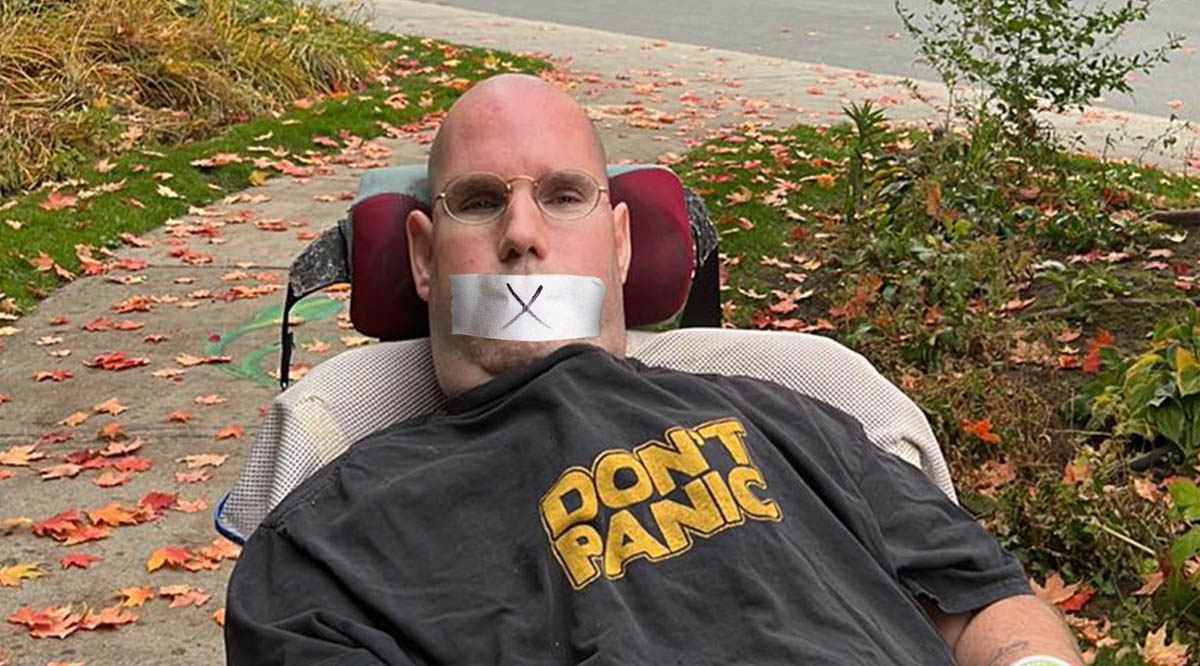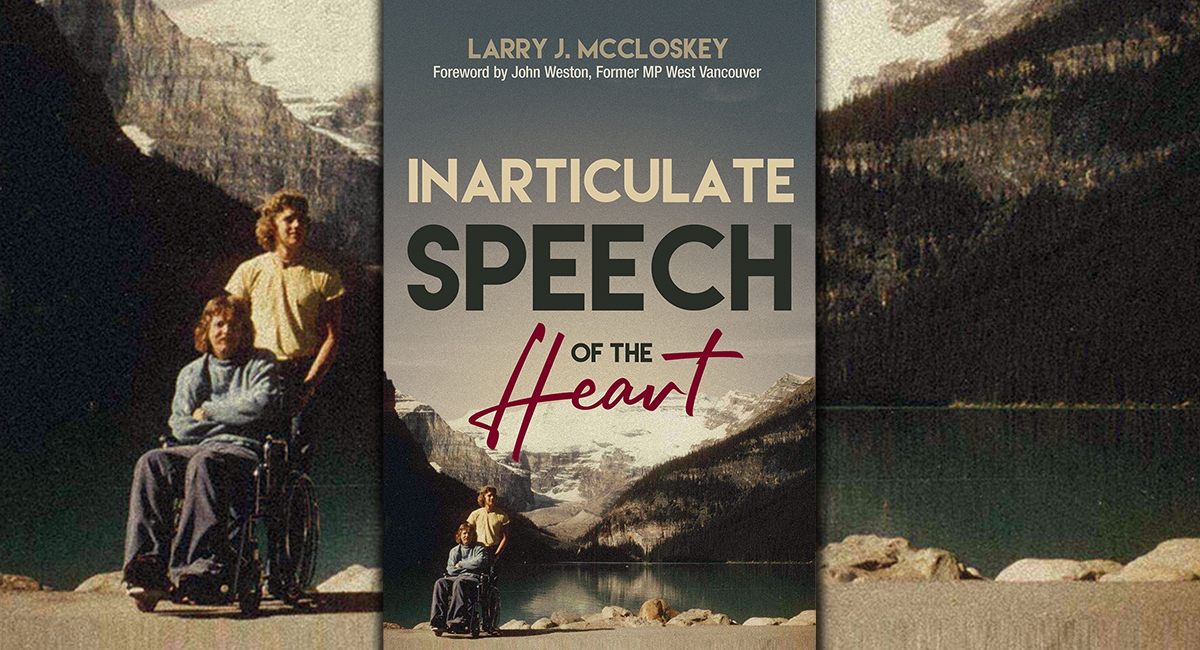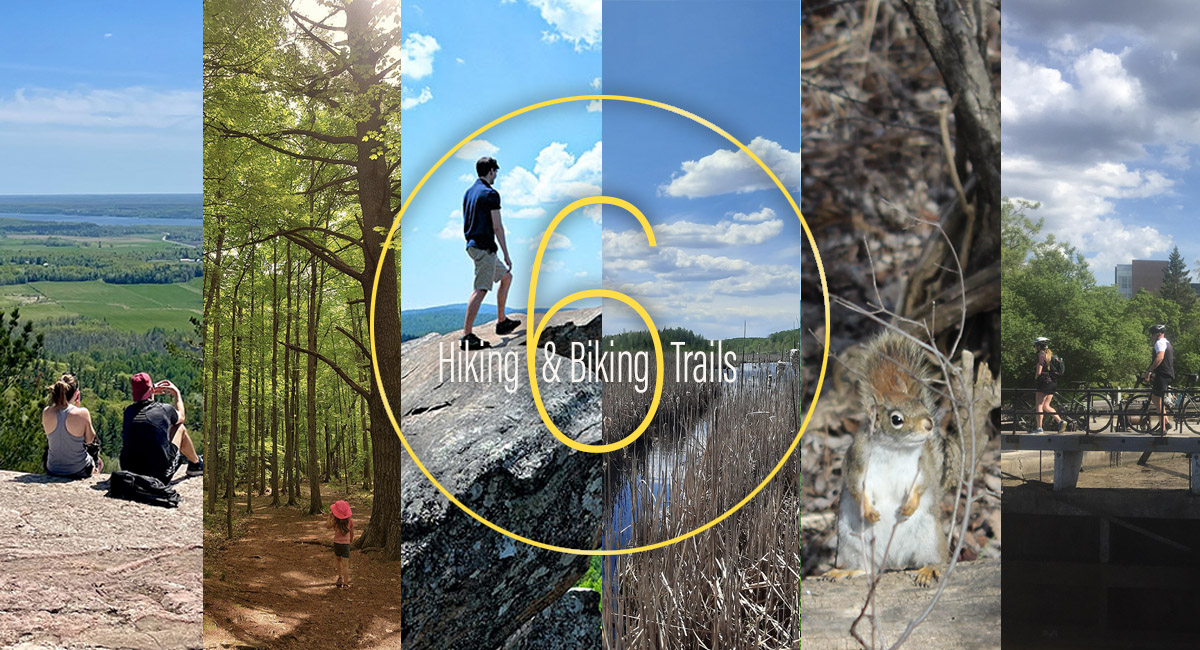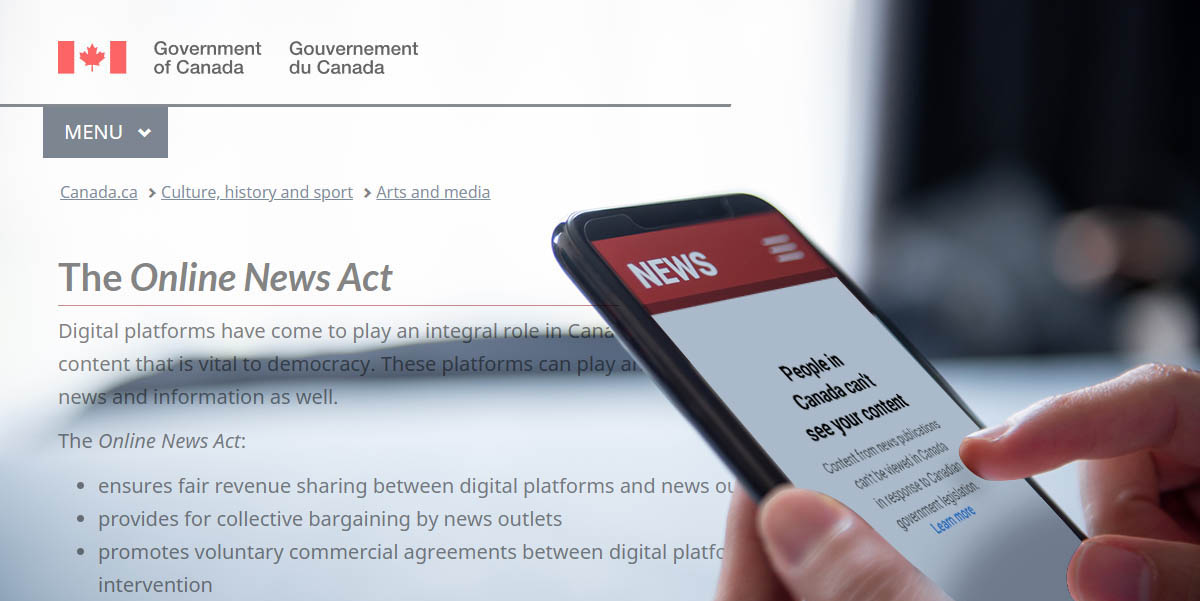
The importance of free and open access to social media.
This week, I’ll be discussing social media. Some people have a wide range of opinions, and social media can be a trigger. If that’s the case, you may not want to keep reading.
Recently, there’s been a lot of discussion about Twitter shutting down, being revamped, and forcing Twitter users to pay. As many of you know, much of this chatter began when Elon Musk bought Twitter.
Now, I’m not going to dive into the whole Elon Musk mess or my thoughts about him.
I want to talk about the role that social media plays for people with disabilities.
Last week, I mentioned that I mostly stay home during winter, and the same goes for other people with disabilities. Also, many of us have friends with disabilities, which means that we sometimes can’t see each other. This was especially true during the lockdowns.
So, what do we do? We use social media, or at the very least, Messenger.
I’m physically unable to use a cellphone, so I use Messenger or the actual sites through my computer.
During lockdowns, Zoom was, and continues to be popular. I don’t mind Zoom if I can type. Typically, people have difficulty understanding my voice, so I type. This leads to my next point.
What if the person is non-verbal or hearing impaired?
For them, texting and social media are even more essential when communicating with their friends and the outside world.
There have been discussions on Twitter regarding the possibility of people being forced to use the service. Even now, have to pay to be verified; I agree there needs to be a better system. There are too many fake accounts and spam bots.
However, I don’t believe that people should have to pay.
Many simply can’t afford it, especially people on fixed/low incomes. I happen to be one myself.
If I were forced to pay to use Twitter or any social media platform, I’d be unable to afford it and would have no choice but to leave. Therefore, email would become my primary tool for communication, which comes with its own set of problems.
One problem is that some PWD can’t type lengthy emails or respond effectively.
Another reason why social media is essential for people with disabilities is to raise awareness. And teach others about people with disabilities.
Being able to do this is a big part of my personal and professional life.
Without social media, I wouldn’t have this weekly column and other writing gigs. I appear on the radars of many mainly because I regularly post on social media about the challenges I face and PWD in my community and beyond.
I was born physically disabled almost 48 years ago. I’ve also experienced things that even people with disabilities wouldn’t or shouldn’t have to experience.
I’m trying to say that I have a unique perspective and am fortunate enough to share it with the world.
Sadly, or in my case, happily, over the years, I have angered or annoyed others. Some don’t want or hear about my reality and people with disabilities. The sad part is that often, that anger or frustration comes from another PWD.
I understand that everyone has an opinion, and your devices can quickly become megaphones when you’re on social media. We all can read, listen, engage, or keep scrolling. Those are the basic choices we’re given.
Social media has become toxic because we all have different opinions and often loose fingers.
Instead of genuinely thinking about what we read, we often react quickly.
We all have a battle, opinions, and feelings. I do my best always to remember that.
As a person with a disability who also has mental health challenges, I know all too well that the struggle is real.
I love engaging with others on social media. As long as it’s respectful, I’m more than happy to chat online and meet new people.
If you happen to read this, Elon Musk. Please keep Twitter free for those stuck indoors, people with physical or intellectual disabilities, those with mental health issues, or those on low/fixed income.
Without social media, the voices of the voiceless will be silenced.









